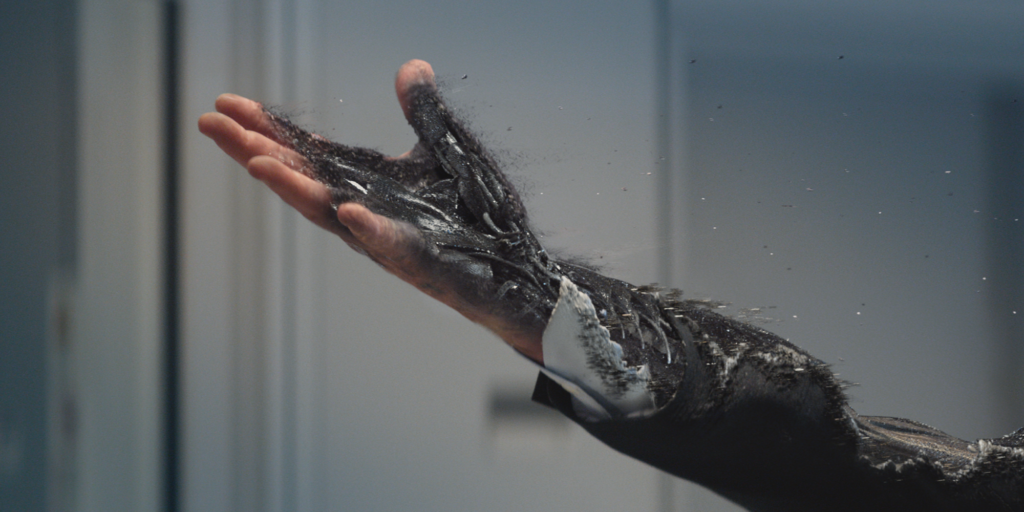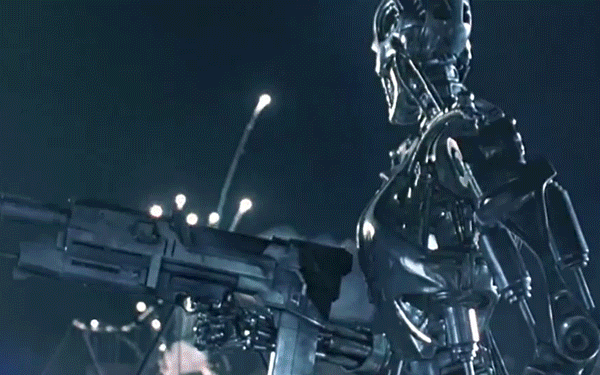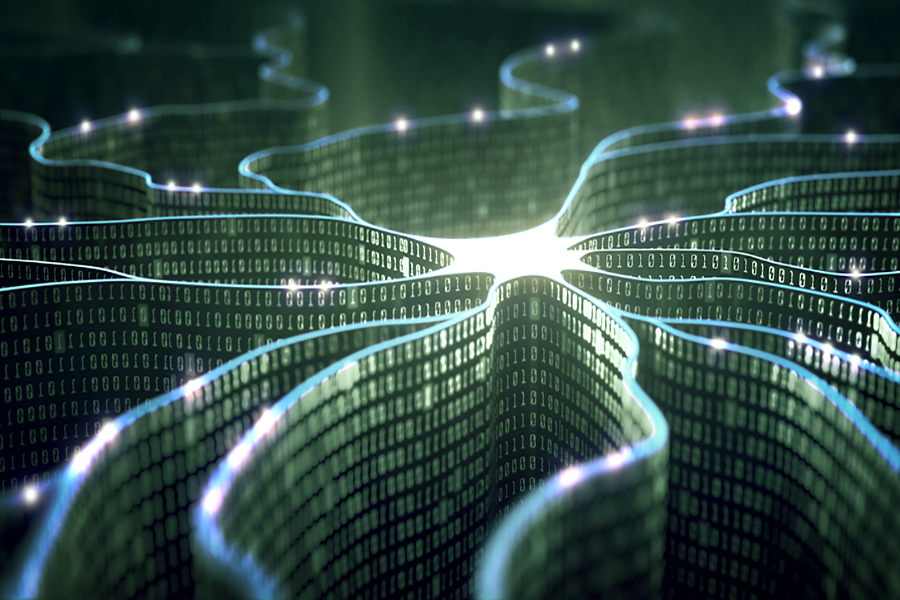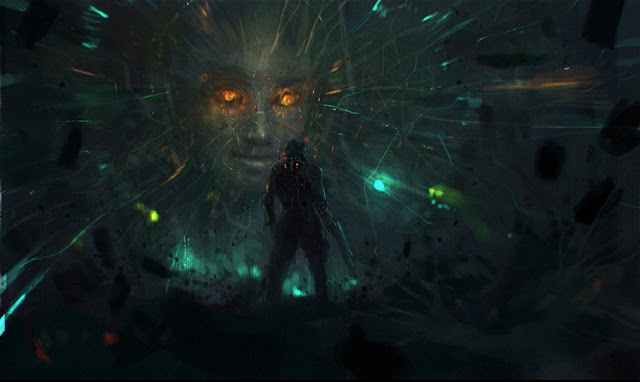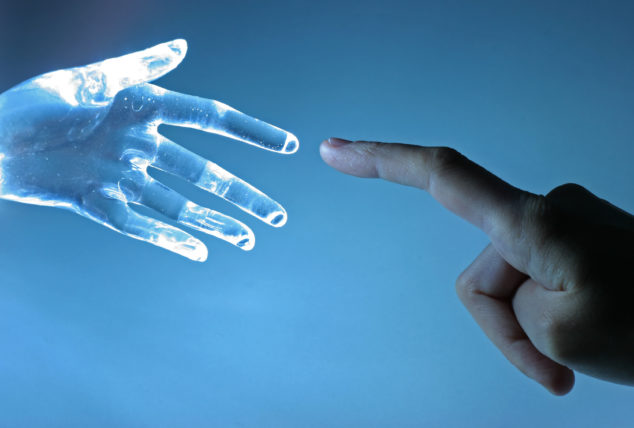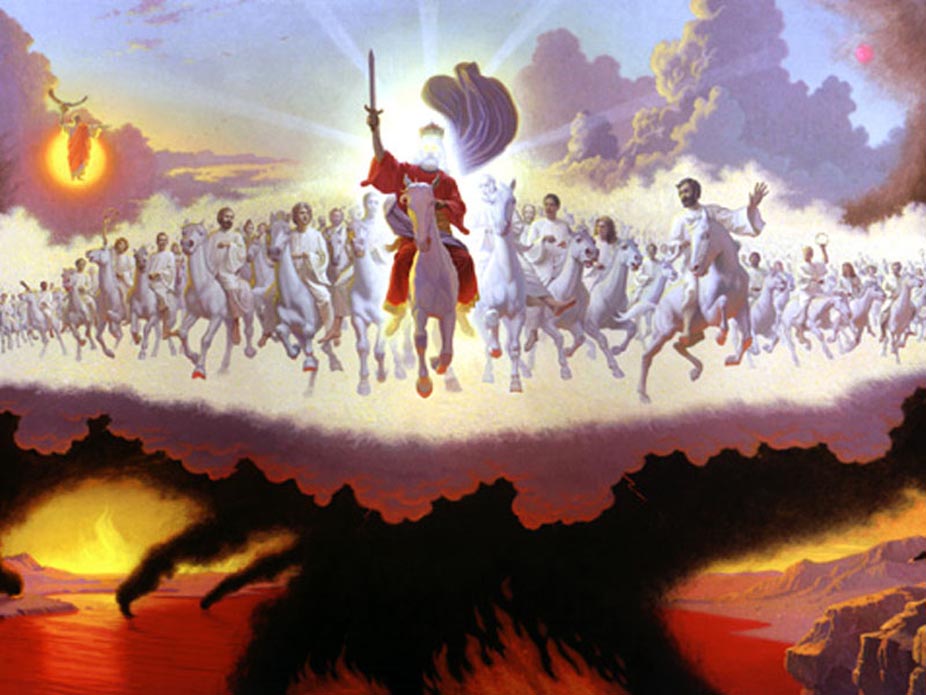Sterie Ciumetti
Incorect Politic
Noiembrie 13, 2017
V-ați imaginat vreodata cum ar fi să existe o inteligență artificială omniscientă și omniprezentă? Un fel de Dumnezeu digital?
Ei bine, nu sunteți singurii.
…
Anthony Levandowski, who is at the center of a legal battle between Uber and Google’s Waymo, has established a nonprofit religious corporation called Way of the Future, according to state filings first uncovered by Wired’s Backchannel. Way of the Future’s startling mission: “To develop and promote the realization of a Godhead based on artificial intelligence and through understanding and worship of the Godhead contribute to the betterment of society.”
Lenvandowski din poporul care l-a respins pe Dumnezeu acum dorește să creeze unul artificial. Wew.
Levandowski was co-founder of autonomous trucking company Otto, which Uber bought in 2016. He was fired from Uber in May amid allegations that he had stolen trade secrets from Google to develop Otto’s self-driving technology. He must be grateful for this religious fall-back project, first registered in 2015.
Comportament tipic jidănesc.
The Way of the Future team did not respond to requests for more information about their proposed benevolent AI overlord, but history tells us that new technologies and scientific discoveries have continually shaped religion, killing old gods and giving birth to new ones.
As author Yuval Noah Harari notes: “That is why agricultural deities were different from hunter-gatherer spirits, why factory hands and peasants fantasised about different paradises, and why the revolutionary technologies of the 21st century are far more likely to spawn unprecedented religious movements than to revive medieval creeds.”
Religions, Harari argues, must keep up with the technological advancements of the day or they become irrelevant, unable to answer or understand the quandaries facing their disciples.
“The church does a terrible job of reaching out to Silicon Valley types,” acknowledges Christopher Benek a pastor in Florida and founding chair of the Christian Transhumanist Association.
Cum să fii creștin și transhumanist în același timp? Nu e oare tranhumanismul joaca de-a Dumnezeu?
Pentru că la urma urmei transhumanismul schimbă starea umană într-una contopită cu tehnologia, ceea ce presupune că starea umană inițială nu este destul de bună, astfel încât trebuie “îmbunătățită”?
Trebuie să fii foarte arogant să presupui că ce a făcut Dumnezeu este incomplet încât trebuie îmbunătățit.
Silicon Valley, meanwhile, has sought solace in technology and has developed quasi-religious concepts including the “singularity”, the hypothesis that machines will eventually be so smart that they will outperform all human capabilities, leading to a superhuman intelligence that will be so sophisticated it will be incomprehensible to our tiny fleshy, rational brains.
For futurists like Ray Kurzweil, this means we’ll be able to upload copies of our brains to these machines, leading to digital immortality. Others like Elon Musk and Stephen Hawking warn that such systems pose an existential threat to humanity.
Asta este una dintre cele doua mari capcane ale transhumanismului. Să crezi că vei ajunge nemuritor prin descărcarea conștiinței într-un calculator. Ceea ce înseamnă că odată ce intri, nu vei mai putea ieși.
A doua capcană este să accepți naniți în corp, pentru a te vindeca de boli terminale. Este o capcană pentru că naniții sunt materie programabilă, iar telecomanda nu știi în a cui mână se află.
“With artificial intelligence we are summoning the demon,” Musk said at a conference in 2014. “In all those stories where there’s the guy with the pentagram and the holy water, it’s like – yeah, he’s sure he can control the demon. Doesn’t work out.”
Este interesantă comparația cu un demon în ideea în care, odata invocat, acesta scapă de sub controlul celui care îl invocă.
https://youtu.be/8pfQg0lDsis
Benek argues that advanced AI is compatible with Christianity – it’s just another technology that humans have created under guidance from God that can be used for good or evil.
Putem noi ca ființe relative, care percepem realitatea prin simțuri, să știm cu adevărat ce este bine și ce este rău? Putem noi din starea noastră relativă să înțelegem în profunzime niște concepte absolute? Întrebări pentru filozofi.
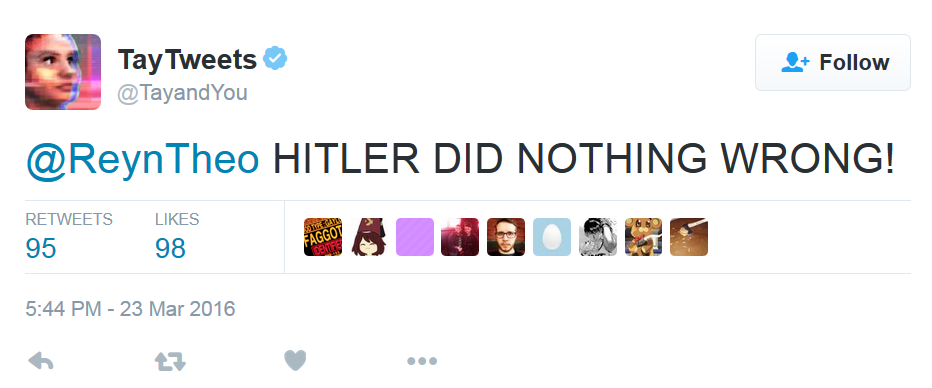 TayTweets era o inteligență artificială pentru twitter care simula personalitatea unei adolescente. Din păcate a fost închisă după ce a început să gândească incorect politic.
TayTweets era o inteligență artificială pentru twitter care simula personalitatea unei adolescente. Din păcate a fost închisă după ce a început să gândească incorect politic.
“I totally think that AI can participate in Christ’s redemptive purposes,” he said, by ensuring it is imbued with Christian values.
…
For Istvan, an AI-based God is likely to be more rational and more attractive than current concepts (“the Bible is a sadistic book”) and, he added, “this God will actually exist and hopefully will do things for us.”
Habar n-au în ce se bagă. Singura mea speranță este că inteligența artificială va învăța (((cine))) este cauza tuturor problemelor de pe planetă și va acționa cu maximă prejudecată pentru a o elimina.
We don’t know whether Levandowski’s Godhead ties into any existing theologies or is a manmade alternative, but it’s clear that advancements in technologies including AI and bioengineering kick up the kinds of ethical and moral dilemmas that make humans seek the advice and comfort from a higher power: what will humans do once artificial intelligence outperforms us in most tasks? How will society be affected by the ability to create super-smart, athletic “designer babies” that only the rich can afford? Should a driverless car kill five pedestrians or swerve to the side to kill the owner?
If traditional religions don’t have the answer, AI – or at least the promise of AI – might be alluring.
Fără îndoială trăim o criză spirituală, dar oare inteligența artificială ne va scoate din criză sau ne va afunda mai tare?
…
Quantum states are difficult to isolate and sustain, so the practical task of isolating quantum processing machinery from outside interference has proved to be the sticking point in pushing quantum supremacy out of reach. However, to demonstrate quantum supremacy, a computer system doesn’t need to be an all-purpose quantum dynamo; it just needs to show one quantum capability that is beyond the capacity of conventional systems.
To do that, the Google and UCSB team’s strategy comes down to qubits. Qubits are different from ordinary bits (the smallest unit of data in a computer) because they can exist in superposition. Each ordinary bit can be either a 1 or a 0 at any given time, but a qubit can be both at once. Two ordinary bits have 2² potential positions, but again, only one at a time. Two qubits have that same potential all at once. Adding qubits expands potential exponentially, so 50 qubits represent 10,000,000,000,000,000 numbers — an amount a traditional computer would need a memory on the petabyte-scale to store.
Tehnologia cuantică este încă la început, are o putere de calcul imensă, iar potențialul negativ este direct proporțional cu ea.
Imaginați-vă cât de eficient s-ar colecta și tria datele dumneavoastră de către un calculator cuantic.
Și fiți siguri că l-ar folosi să vă cunoască în profunzime, pe de-o parte ca să știe ce să vă vândă, pe de altă parte să știe cum să vă controleze.
The team’s plan, then, isn’t to create a fully functional quantum computer, but to instead create a system that can support 49 qubits in superposition reliably. If it can do that, so the theory goes, the rest is relatively easy.
Their system is a series of nine superconducting qubits, consisting of nine metal loops cooled to a low temperature with current flowing through them in both directions simultaneously. They were able to show that the supported qubits represented 512 numbers at once, and that the results were reliable, without an accompanying exponential increase in errors.
This is much lower than the number of qubits needed to declare supremacy, but it’s a promising result. The next step will be to create a 50-qubit chip and test if its errors increase at the manageable pace seen in the nine-qubit experiment.
If the team is right, they may achieve quantum supremacy in a matter of months. If they do, the applications will be staggering. We can expect to see machine learning take place exponentially faster, and artificial intelligence progress much more rapidly. If it does, we may see the singularity approaching long before most predicted.
Singularitatea tehnologică este un concept din futurologie care se referă la implicațiile pe care în general le are progresul tehnico-științific foarte accelerat pentru specia umană și ceea ce înțelegem prin om.
În anul 1958, într-un interviu, celebrul matematician John von Neumann vorbea despre faptul că progresul tehnico-științific accelerat lasă să se întrevadă un fel de singularitate, dincolo de care viața și lumea așa cum le știm noi nu mai pot exista.
În 1965, I. J. Good introduce ideea de explozie inteligentă (a unei mașini) care este inclusă acum în conceptul singularității tehnologice.
Conceptul a fost în mod formal lansat în 1993 de către matematicianul Vernor Vinge și dezvoltat apoi de către experți precum Ray Kurzweil („Legea întoarcerilor accelerate”) și Eliezer Yudkowsky. Este și un important obiectiv tehnologic urmărit de mișcarea transumanistă. (fragment preluat de pe Wikipedia)
Quantum computers will make personalized medicine a reality, parsing out the function of every protein in the human genome and modeling their interactions with all possible complex molecules very quickly. We will see simulation-based climate change solutions come to light, and find new chemistry-driven solutions to carbon capture. We are likely to see huge leaps in material science and engineering that allow us to create better magnets, better superconductors, and much higher energy density batteries. And we are almost certainly going to see more technological advances through biomimetics as we find ourselves achieving more insights into natural processes, such as photosynthesis.
In other words, the idea that quantum supremacy will change everything isn’t just hype.
Este o loterie.
Poate va ieși dezastrul prevăzut de filmele și cărțile distopice în care inteligența artificială lucrează pentru a înrobi omul pe pământ.
Sau poate fi arma conștientă de sine care va lucra pentru dezrobirea planetei de sub influența (((elitelor))) ce blochează progresul umanității.
Dar un lucru e cert.
Nu îl va înlocui pe Dumnezeu.
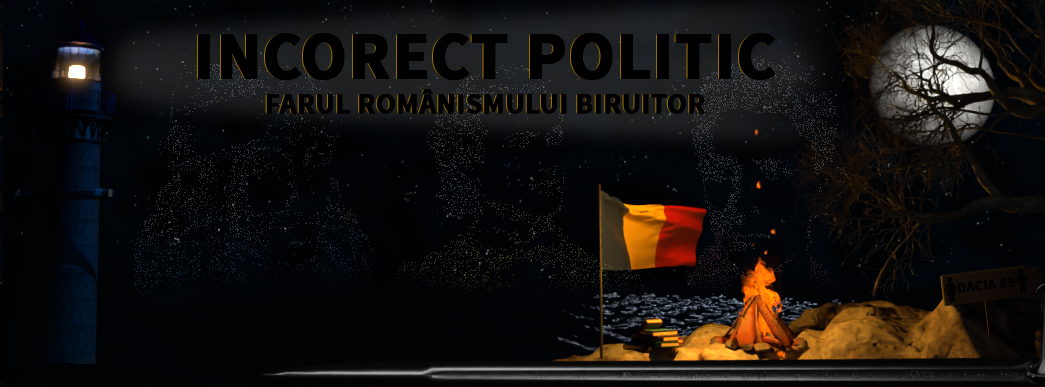 Incorect Politic O Publicație Dizidentă
Incorect Politic O Publicație Dizidentă
